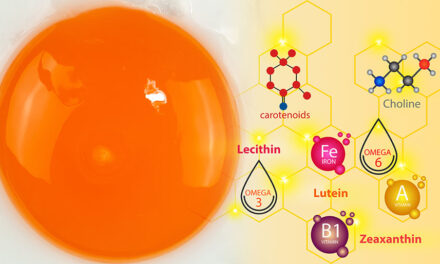The word ‘eczema’ originates from a Greek term that translates to ‘to boil over’, describing a skin inflammation characterized by the emergence of blisters or pustules, making it one of the most prevalent and challenging skin conditions. This disorder is fundamentally systemic, arising from a toxic state within the body and encompasses a broad range of manifestations, most of which tend to be persistent.
In its early stages, eczema presents as skin redness and swelling, accompanied by tiny blisters, intense warmth, and in severe cases, the blisters may burst open to reveal a moist, exposed area. This leads to the secretion of a clear fluid that, when accumulated, dries to form crusts on the skin. The condition often exacerbates at night due to the warmth held by bedding, and itching is a constant symptom. During the moist phase, the risk of bacterial infection increases, and scratching can aggravate the condition by spreading the infection and prolonging the period of dryness and flaking.
Causes
The root causes of eczema are multifaceted, with allergies being a significant contributor. For example, some women may develop hand eczema from soap or detergent allergies, while metal allergies can trigger eczema around the fingers. A study by the University of Texas Health Science Center at San Antonio on children with atopic eczema showed a 75% allergy rate to various foods, with eggs, peanuts, chocolate, wheat, cow’s milk, chicken, and potato being common irritants. However, the primary cause is the body’s inability to expel toxins effectively, leading to their accumulation and the overburdening of the skin’s pores, which in turn can cause eczema and other skin issues like acne and boils.
Other factors contributing to eczema include metabolic imbalances, constipation, dietary deficiencies, and emotional stress from various sources. The misuse of suppressive medications can also exacerbate the condition.
Treatment
Addressing eczema effectively goes beyond topical treatments, which offer only temporary relief, to cleansing the bloodstream and body. Initiating treatment with a fast of orange juice and water for five to ten days can significantly aid in eliminating toxins, though initial symptom exacerbation may occur due to increased detoxification. Post-fast, a diet rich in fruits, raw or steamed vegetables without salt, and whole grains can be beneficial, with carrot and musk melon being particularly recommended. The diet should later incorporate curd and milk, gradually moving to a balanced intake of seeds, nuts, grains, vegetables, and fruits, with a focus on raw foods. Periodic juice fasting and a weekly fast may be necessary for chronic conditions.
People affected should avoid caffeine, alcohol, spices, sugar, white flour products, and processed foods, opting instead for natural, wholesome foods. Combining raw vegetable juices, particularly carrot and spinach juice, has shown effectiveness in eczema treatment. Fresh air, minimal restrictive clothing, regular bathing, and adequate water intake are essential, along with physical activities to stimulate bowel movements. Early morning sun exposure and light mudpacks on affected areas can also be beneficial. For acute cases, cold compresses or fomentations can alleviate symptoms, despite initial discomfort.

















